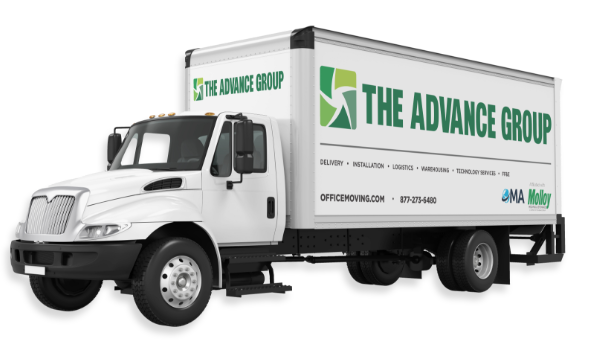Lease Agreements and Compliance in Commercial Moves

Commercial relocations involve a complex web of legal obligations, contractual requirements, and regulatory compliance issues that can create expensive problems if not handled properly. From lease termination procedures to regulatory notifications, the legal aspects of commercial moving require careful attention and professional guidance to avoid costly mistakes and potential litigation. Understanding legal requirements before beginning relocation planning prevents complications that could delay moves, increase costs, or expose businesses to liability. Proactive legal compliance protects both current operations and future business relationships.
Lease Agreement Analysis and Termination
Current lease agreements contain critical provisions that affect relocation timing, costs, and procedures. Early termination clauses, notice requirements, and restoration obligations can significantly impact relocation budgets and timelines if not understood thoroughly. Notice periods often require 30, 60, or even 90 days’ advance notification to landlords. Some agreements include automatic renewal clauses that could extend obligations beyond intended timelines if proper notice is not provided according to specific requirements. Restoration obligations may require businesses to return leased spaces to original conditions, potentially involving significant renovation costs. Security deposit return procedures should be carefully reviewed to ensure the maximum recovery of deposited funds.
New Lease Negotiation and Due Diligence
New lease agreements require thorough analysis to ensure terms support business operations and future growth plans. Hidden costs, restriction clauses, and operating expense allocations can create unexpected financial burdens if not negotiated properly. Use clauses define permitted business activities and may restrict certain operations, signage, or modifications. Assignment and subletting provisions affect future flexibility if business needs change. Operating expense allocations should be clearly defined with caps or limits where possible.
Regulatory Compliance and Notifications
Government agencies, licensing boards, and regulatory bodies often require formal notifications before business relocations. Professional licenses, business registrations, and industry-specific certifications may need updates or renewals that take several weeks to complete. Zoning compliance in new locations must be verified to ensure permitted uses align with business operations. Environmental regulations may apply to specific business types, particularly those involving hazardous materials or manufacturing processes that pose risks to the environment.
Contract Review and Vendor Notifications
Existing contracts with vendors, suppliers, and service providers may contain notification clauses or geographic restrictions that affect relocation plans. Service contracts for utilities, telecommunications, and specialized equipment may need formal modification or termination procedures. Insurance policies require regular updates to reflect changes in addresses, property values, and risk assessments. Banking relationships and financial agreements may need address updates and documentation changes.
Employment Law Considerations
Relocations that affect employee commutes or working conditions may trigger employment law requirements for notification, consultation, or compensation. Workers’ compensation insurance and payroll tax obligations may change if relocations cross state boundaries. Some relocations might trigger WARN Act requirements if they result in significant layoffs. Benefits administration may require updates if relocations impact provider networks or change plan availability.
Intellectual Property and Data Protection
Business relocations involving sensitive information require special attention to ensure that protection and security requirements are met. Data protection regulations, confidentiality agreements, and security protocols must be maintained throughout the relocation process. Trade secrets and proprietary information need secure handling during transportation and temporary storage. Technology systems containing sensitive data require secure migration procedures that maintain compliance with industry regulations.
Legal Timeline Coordination
Legal requirements often involve specific deadlines that cannot be extended, making timeline coordination critical for successful relocations. Recording and tracking all legal deadlines helps prevent missed notifications and compliance failures. Professional project management helps ensure that all requirements are met promptly. Contingency planning for legal delays helps maintain relocation momentum even when unexpected issues arise.
Professional Legal Guidance
Commercial relocations benefit significantly from professional legal guidance that identifies requirements, prevents problems, and ensures compliance with applicable laws and regulations. Early legal involvement allows time to address complex issues without rushing decisions. Ongoing legal support throughout relocations provides peace of mind and immediate assistance when questions or problems arise during the transition process.
Protecting Your Business Every Step
Commercial relocations involve complex legal requirements that demand professional attention and careful planning. Understanding and addressing legal obligations proactively protects your business interests while ensuring smooth transitions that support continued success. Ready to safeguard your commercial relocation that meets all legal requirements while protecting your business interests? Contact our experienced team to develop a comprehensive relocation plan that addresses all legal aspects and ensures compliant, successful transitions.








